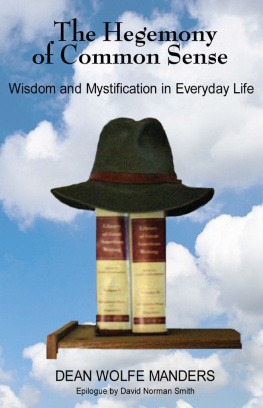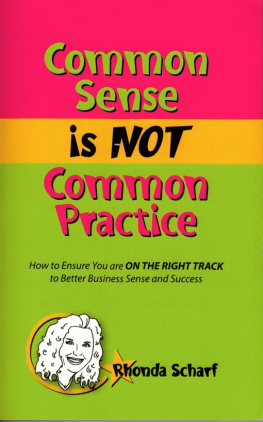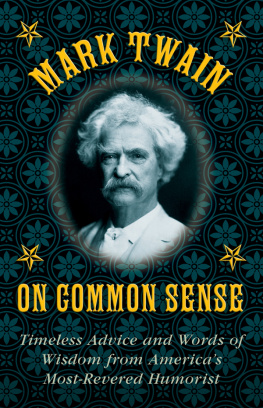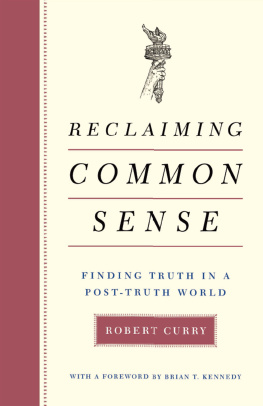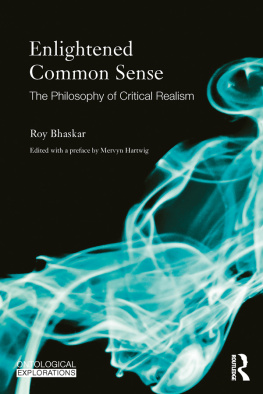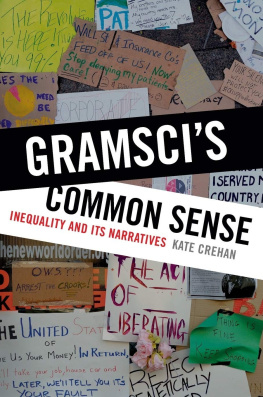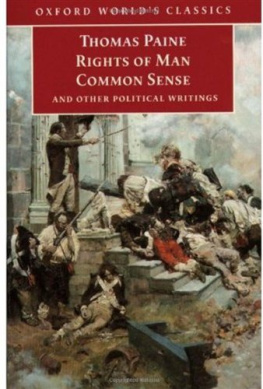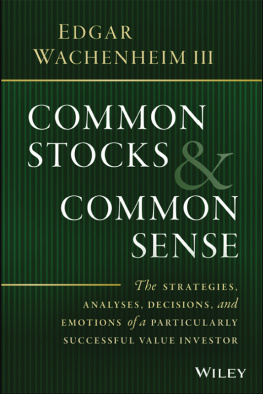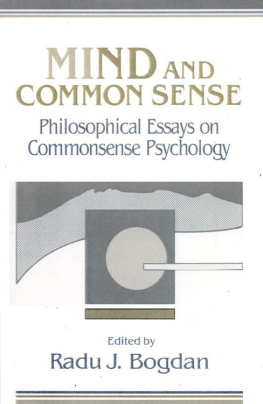Dean Wolfe Manders - The Hegemony of Common Sense: Wisdom and Mystification in Everyday Life
Here you can read online Dean Wolfe Manders - The Hegemony of Common Sense: Wisdom and Mystification in Everyday Life full text of the book (entire story) in english for free. Download pdf and epub, get meaning, cover and reviews about this ebook. year: 2006, publisher: Looking Up Press, genre: Science. Description of the work, (preface) as well as reviews are available. Best literature library LitArk.com created for fans of good reading and offers a wide selection of genres:
Romance novel
Science fiction
Adventure
Detective
Science
History
Home and family
Prose
Art
Politics
Computer
Non-fiction
Religion
Business
Children
Humor
Choose a favorite category and find really read worthwhile books. Enjoy immersion in the world of imagination, feel the emotions of the characters or learn something new for yourself, make an fascinating discovery.
- Book:The Hegemony of Common Sense: Wisdom and Mystification in Everyday Life
- Author:
- Publisher:Looking Up Press
- Genre:
- Year:2006
- Rating:5 / 5
- Favourites:Add to favourites
- Your mark:
The Hegemony of Common Sense: Wisdom and Mystification in Everyday Life: summary, description and annotation
We offer to read an annotation, description, summary or preface (depends on what the author of the book "The Hegemony of Common Sense: Wisdom and Mystification in Everyday Life" wrote himself). If you haven't found the necessary information about the book — write in the comments, we will try to find it.
The Hegemony of Common Sense: Wisdom and Mystification in Everyday Life, is a path-breaking synthesis, a unique contribution to the study of class and consciousness. Here, Dean Wolfe Manders brings critical social theory to bear on the nature of links between American popular sayings, capitalist ideology, and the everyday lived dynamics of class domination.
The agenda of this book is easily stated -- that reigning American common sense is amenable to sustained critique by means of inquiry into common sayings, proverbs, and other forms of everyday discourse. What Manders offers, in particular, is a Gramscian critique of common sense in which class is a central category. The Hegemony of Common Sense posits that in our deeply class-divided society, the seemingly neutral and universal wisdom of American common sense masks a deeper, mystified reality -- a reality of unresolved doubt and uncertainty, of distrust and resentment, ambivalence and contradiction, hope and rootless surrender. Common sense is revealed as often self-defeating, infused with fatalism and passivity in ways that prove detrimental to working people.
Displaying a rich, interdisciplinary intellectual palette, and a sharp critical agenda, The Hegemony of Common Sense explores the interior of mass-popular common sense -- the givens, taken-for-granted assumptions, and tacit meanings that saturate the popular sayings of the day, where they hide, in effect, in plain sight. This pioneering work remains unique. No one else has mined the field of proverbial expression for insight into common sense with similar breadth of vision. What Manders offers -- a synthesis of critical theory and proverb study, fired by the sociological imagination -- is unavailable from any other source David Norman Smith, from the Epilogue, The Hegemony of Common Sense, second edition.
[the] book is enormously impressive, truly original as a work of political theory. I know of no other work that explores class and its relationship to popular consciousness in the thoughtful and incisive way you have done. You have clearly read widely among social theorists and drawn from them what is useful for your thesis. I welcome your book especially because there is such a mistaken idea, especially among European intellectuals, but also in this nation, about the apparent lack of class consciousness, the failure to see such consciousness manifested in many different ways. This failure has important consequences for political action, for any strategy for social change. Howard Zinn
Dean Wolfe Manders received his B.A. in sociology from the University of California, Berkeley, and his M.A. and Ph.D. in sociology from Brandeis University. He has previously published works both in the United States and Europe. Having taught extensively in the San Francisco and the Boston Bay areas -- and, at the International Peoples College, in Helsingor, Denmark -- he presently resides in the San Francisco Bay area, where he continues to teach, write, and consult.
Dean Wolfe Manders: author's other books
Who wrote The Hegemony of Common Sense: Wisdom and Mystification in Everyday Life? Find out the surname, the name of the author of the book and a list of all author's works by series.

